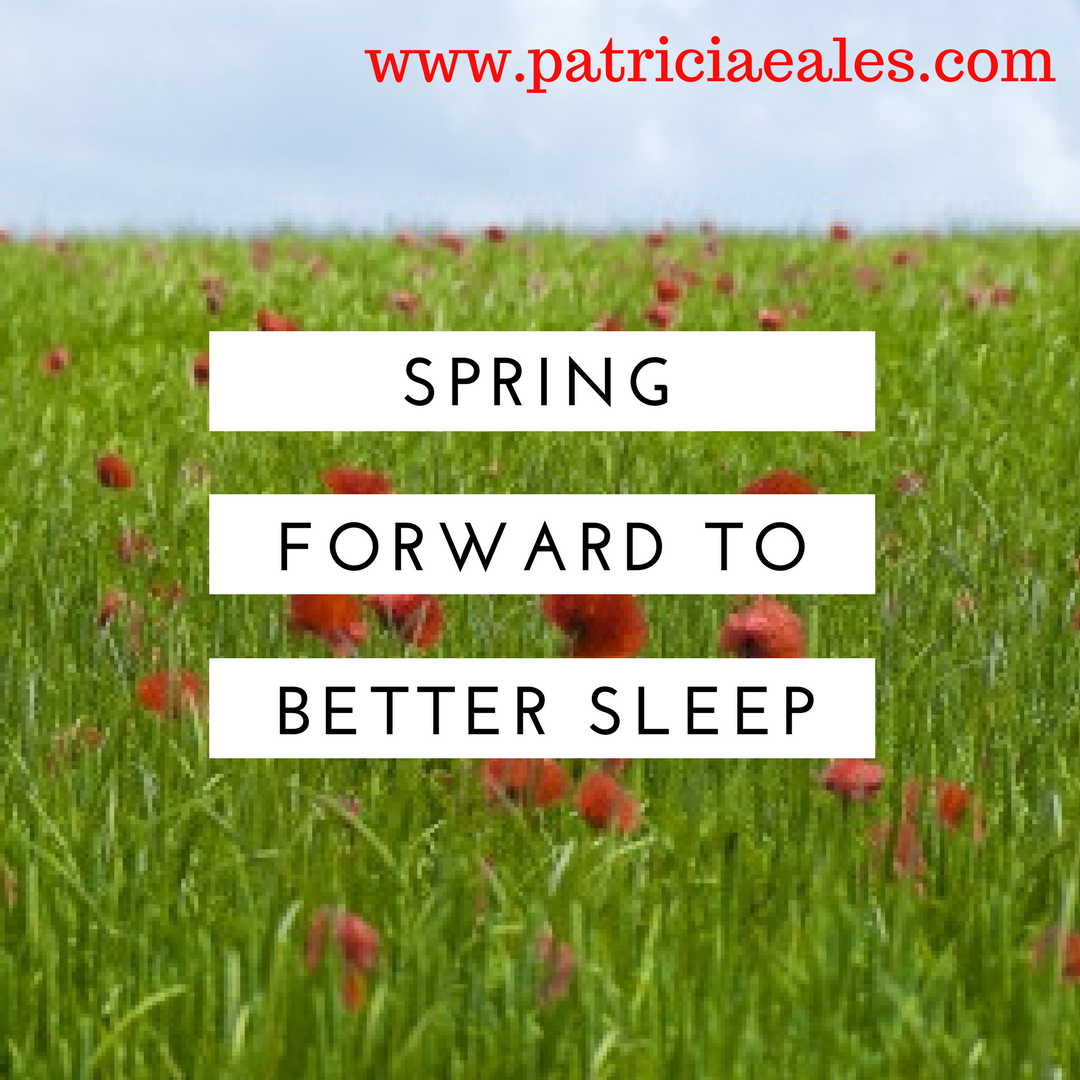Setting the clocks forward one hour is just one more reminder that Spring is around the corner. Yet it is also a time that can really mess with your sleep patterns or your circadian rhythm.
Even though it is just an hours difference in sleep, this small disruption can really mess with your much needed zzzz’s.
According to Harvard Health, it can take up to one week for your body to adjust to the change.
Studies have shown that the first three workdays following springtime daylight savings time there is an increase in car accidents, workplace injuries, heart attacks and cluster headaches.

This is partly because a lack of sleep can lead to irritability and lack of focus, and continued poor sleep contributes to a weakened immune system and other health issues such as weight gain, heart attacks and strokes.
So, what can you do?
- Establish a regular relaxing bedtime. Allow for at least 1 hour to unwind before bedtime. Relaxing rituals prior to bedtime may include a warm bath or shower, aroma therapy, reading or listening to soothing music. Set your phone or alarm clock for one hour before your designated bed time to ensure you are giving yourself this time, and turn off all stimulants like computers, TV’s and cell phones
- Cut the Caffeine and alcohol. Avoid caffeine within 6 hours of bedtime; alcohol and smoking within 2 hours of bedtime. Nicotine and caffeine are stimulants than can have an adverse impact on sleep.
- Keep all electronics out of the bedroom. That means no TV, laptops and cell phones! If you use your cell phone as an alarm clock, put your phone on flight status to avoid the electromagnetic frequencies that your phone can emit. For most people, using an electronic device such as a laptop or cell phone can make it hard to fall asleep, because the particular type of light emanating from the screens of these devices is activating to the brain. If you wake up in the middle of the night, try to read a book or magazine, but do not check your cell phone, or turn on your laptop.
What tip are you going to try tonight to get a better night’s sleep?

Want more help in treating your insomnia or poor sleep? Contact me today for a complimentary 30 minute health discovery session.
Originally published at www.patriciaeales.com on March 13, 2016.
Originally published at medium.com



